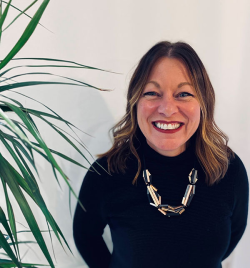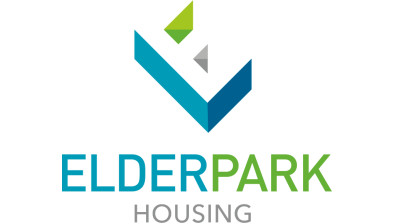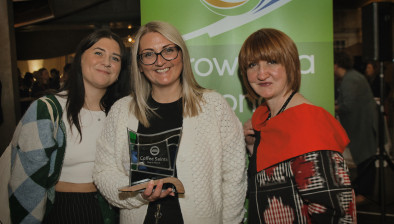Lucy Malarkey: Diversity fluency - We can do better
Lucy Malarkey, founder and co-director of Positive About Inclusion, highlights why the housing sector must get better at talking about diversity to stand any chance of positive progression.

Lucy Malarkey
As highlighted in the recent Inside Housing article, the lack of diversity at the leadership level in the sector continues to be an issue. Whilst this isn’t a surprise what has been puzzling me is why? We have been talking about the lack of diversity at the leadership level for so long so why is this still an issue and what’s hindering progression?
Since setting up Positive About Inclusion, our EDI consultancy, a lot of the work we have been doing is with housing organisations and the main challenge I’m hearing over and over again is about fluency. It’s being articulated as a lack of knowledge about the right words to use in the ever-evolving world in which we all live, but I think this articulation belies the real issue which is about a fear to start conversations because of a lack of confidence in where those conversations may go. I think it is this lack of fluency and confidence that is blocking progression on diversity because if we don’t feel comfortable engaging in conversations about differences then we are never going to make the change we profess we want to see. With uncomfort comes hesitation.
We must get better at talking about diversity to stand any chance of positive progression. Whilst true across all elements, this is particularly true in relation to racial equality. Research carried out in 2018 (Atewologun, 2018) found that whilst lots of leaders can rapidly cite statistics to explain their gender position and share examples of what they are doing to address this in practice. In contrast, the research found that when talking about race at work, people tend to speak less, to use more broad-brush comments and to hesitate more.
So, if diversity fluency is where the problem lies what can we do? What we can, and should, all be doing is making a conscious commitment to be open to learning. We can all take responsibility to learn about people who are different from ourselves, we should be listening non-judgmentally, educating ourselves about difference because in doing so we will have more empathy and understanding which will increase trust and help to break down stereotypes.
We all have a responsibility to update our language and behaviours to reflect changes in our society. In our evolving world there are always new words and terminology to get your head around. Just think about the new language and words we’ve all learnt in the last 18 months, from furlough to herd immunity etc, our grasp of language and being aware of the power of our words is not impossible!
And, we can all be active allies, demonstrating our support for others, and using our advantage and privilege to create a more inclusive environment where we can all thrive.
Let’s not wait for next year’s diversity in housing leadership survey to highlight once again the lack of progress on this issue. Commit and take action to increase your diversity fluency and that of those around you by being receptive, authentic and vulnerable:
- Be receptive – create the safe environment in the workplace for open conversations and have these conversations
- Be authentic – accept that no-one knows everything, and we never will, we are all on a learning journey but start your learning
- Be vulnerable – don’t be afraid to ask questions, from questions comes learning. Accept that we will all make mistakes and when we do we should apologise, move on and learn from these.
It is an active commitment to increase our diversity fluency that will make the most positive difference in the sector and I can think of no-one more inspiring than Maya Angelou to explain why…
“I did then what I knew how to do. Now that I know better, I do better.” - Maya Angelou
This article was originally published on the CaCHE website and forms part of its Equality Diversity and Inclusion Initiative.









